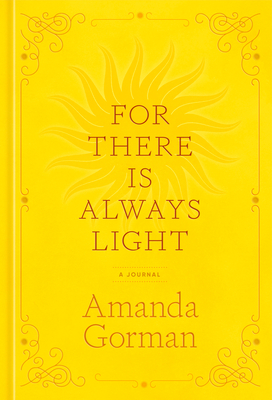
The president's power to pardon federal crimes is immense, with roots in ancient notions of mercy and amnesty. However, this power, seemingly boundless under the Constitution, lacks clear constraints, inviting concerns about abuse. Recent discussions in the U.S. Supreme Court have raised alarms about the potential for presidential abuse of pardons, highlighting the need for accountability within the pardon system to uphold the foundational premise that no one is above the law.
Pardon Power: How the Pardon System Works-- and Why, Kim Wehle explores the historical context and contemporary challenges surrounding the presidential pardon. Wehle contends that any pardon undermining the principle of accountability before the law, including self-pardons, cannot be constitutionally justified. Urgent recognition of the necessity for guardrails around the pardon power is essential to safeguard American democracy.
member goods
listens & views

FANTASTIC FRENCH 60S EP COLLECTION ...
by FANTASTIC FRENCH 60S EP COLLECTION 2 / VARIOUS
COMPACT DISCout of stock
$20.99






